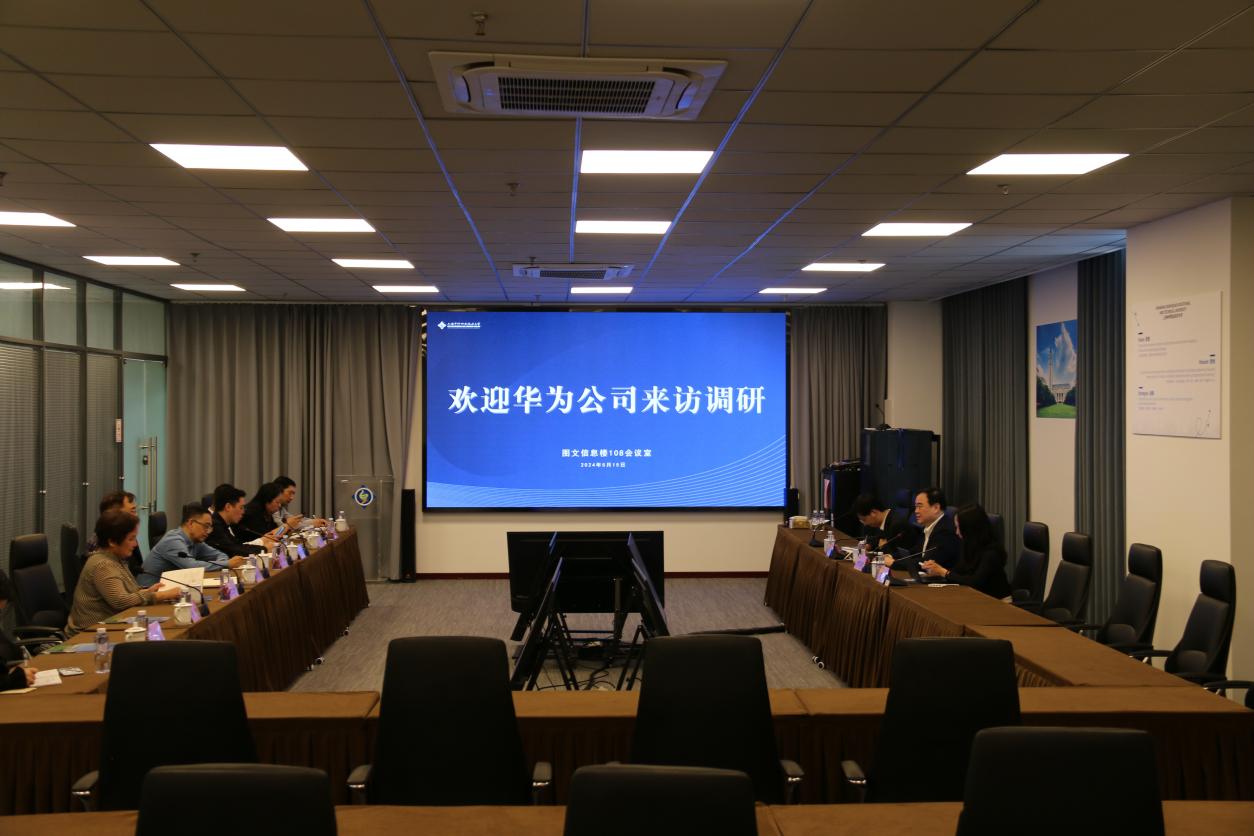
On the morning of May 15, the Chief Security Officer (CSO) of Shanghai Huawei Cloud, Hao Guoqiang, Solution Architect of Shanghai Huawei Cloud, Ai Xi, and Education Industry Representative of Huawei Cloud Yao Jiajun, visited Zhongqiao for investigation and communication. The Secretary of the Party Committee Zeta Group, Xu Hui, the Secretary of the Chairman, Yu Yongchao, the President of Zhongqiao University, Huo Jiazhen, the Vice President, Huang Lixin, the Director of the Party and Government Office, Ma Jun, the Director of industry-education integration Office, Wei Peng, the Dean of the School of Information Engineering, Zhao Xin, and the Vice Dean, Sun Xiudong, attended the meeting.
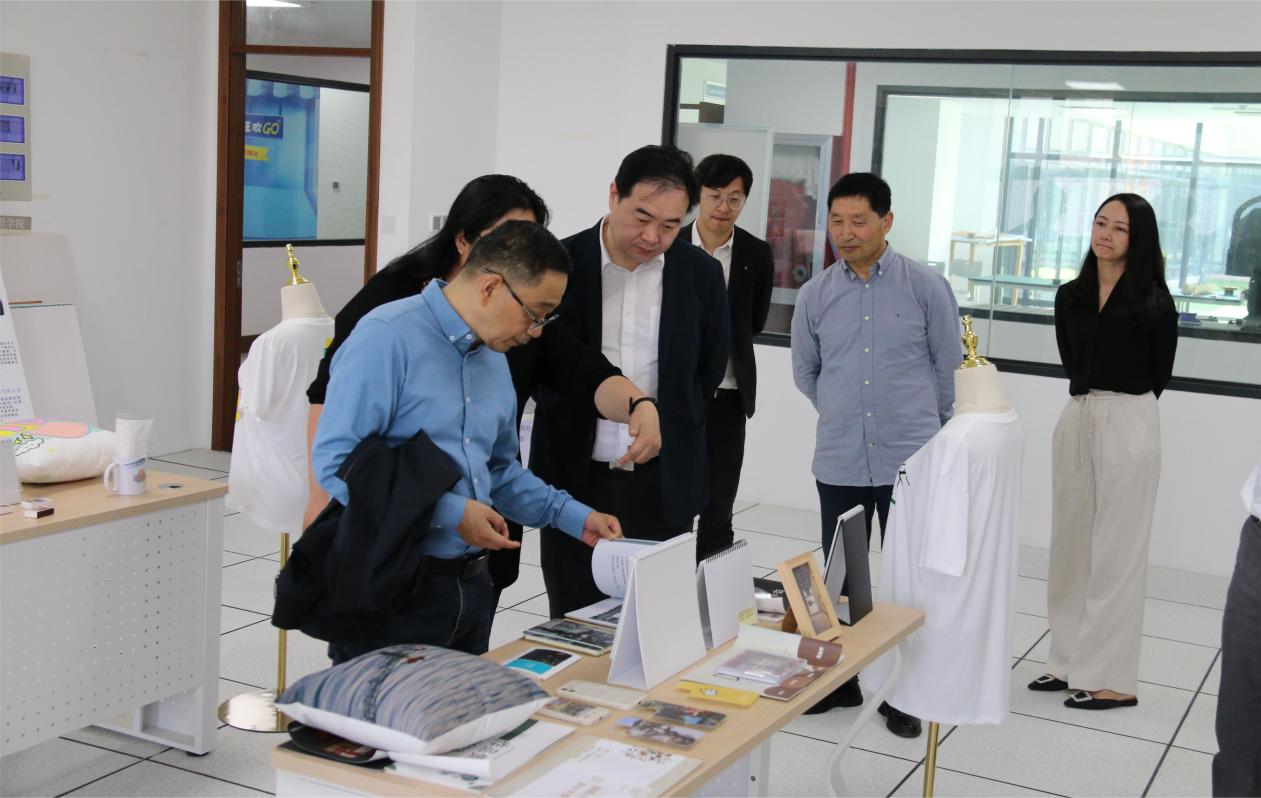
Before the meeting, delegations from Huawei visited the School of Information Engineering' s information laboratory centers, training centers, and other facilities, gaining a deeper understanding of Zhongqiao' s professional teaching and training in areas such as drones and artificial intelligence and informatization development.
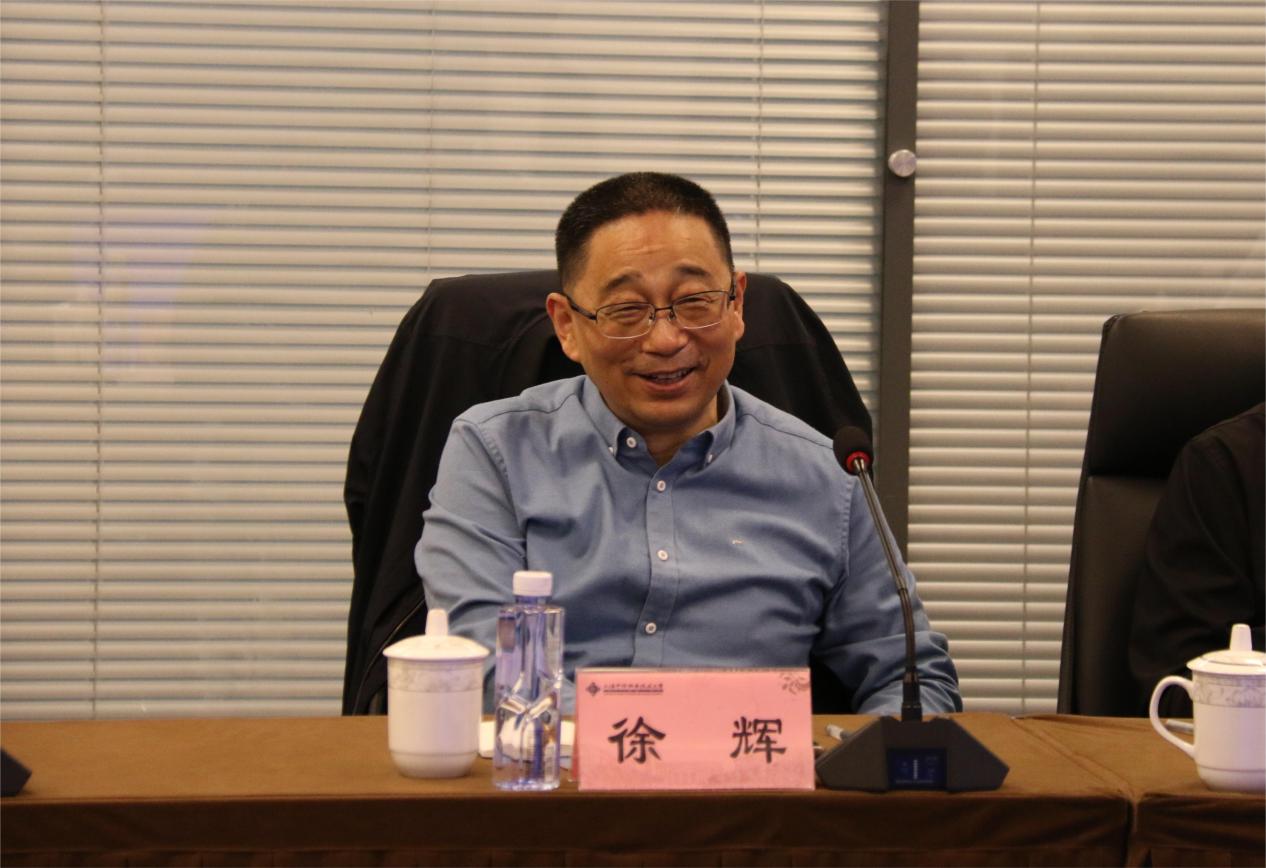
On behalf of Zeta Group Group and university, Secretary Xu Hui warmly welcomed the visit of Huawei's delegation and hoped that both parties can explore future cooperation directions and lay the foundation for efficient achievement transformation of industry-education integration.
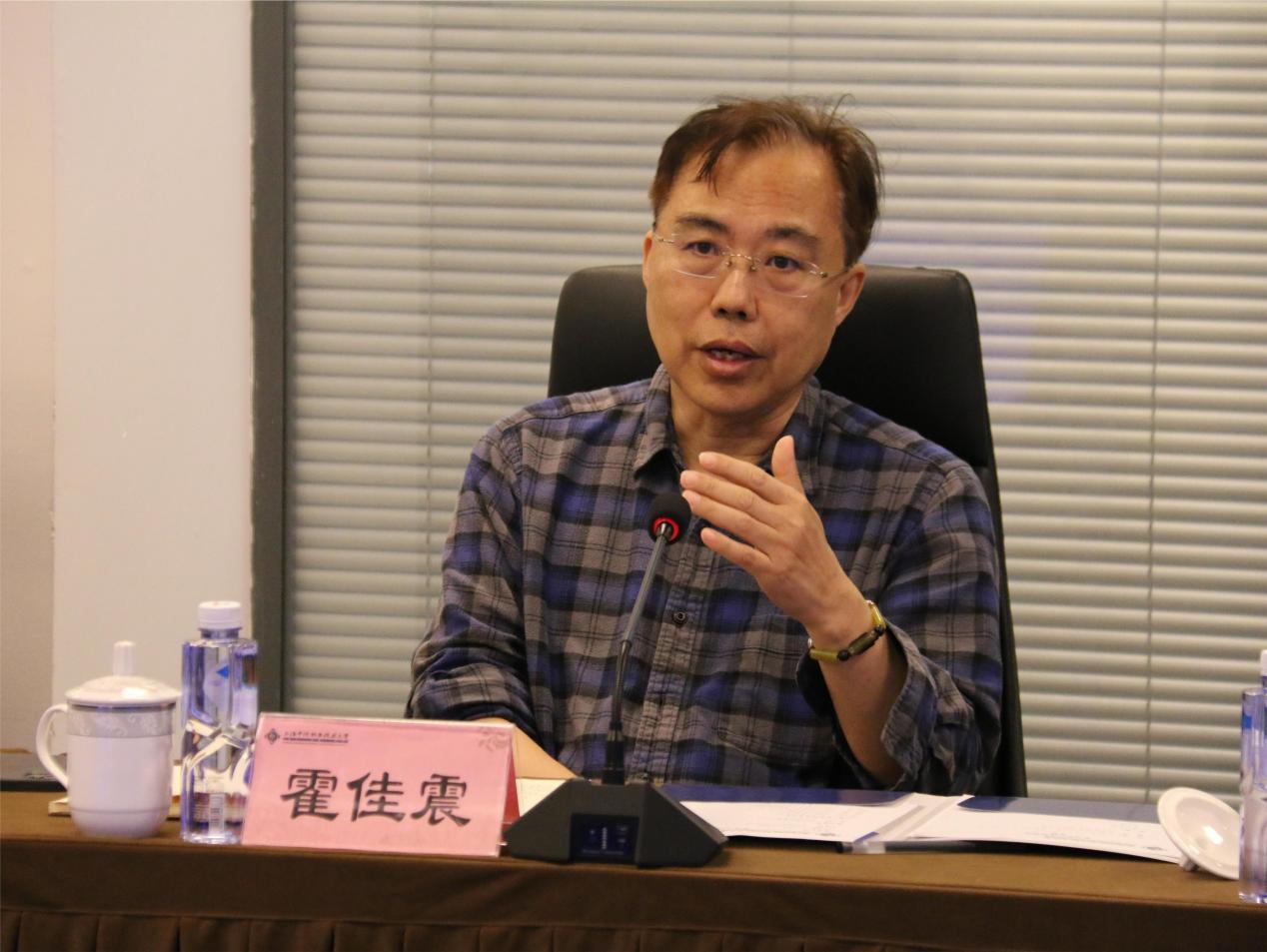
During the meeting, Huo Jiazhen introduced development history, schooling philosophy, schooling characteristics and achievements of Zhongqiao. He indicated that, with good prospect for cooperation between Zhongqiao University and Huawei, both parties would strengthen cooperation through the indurstry-education integration and look forward to further deepen connection and contaction, to explore more possibilities for cooperation in the future.
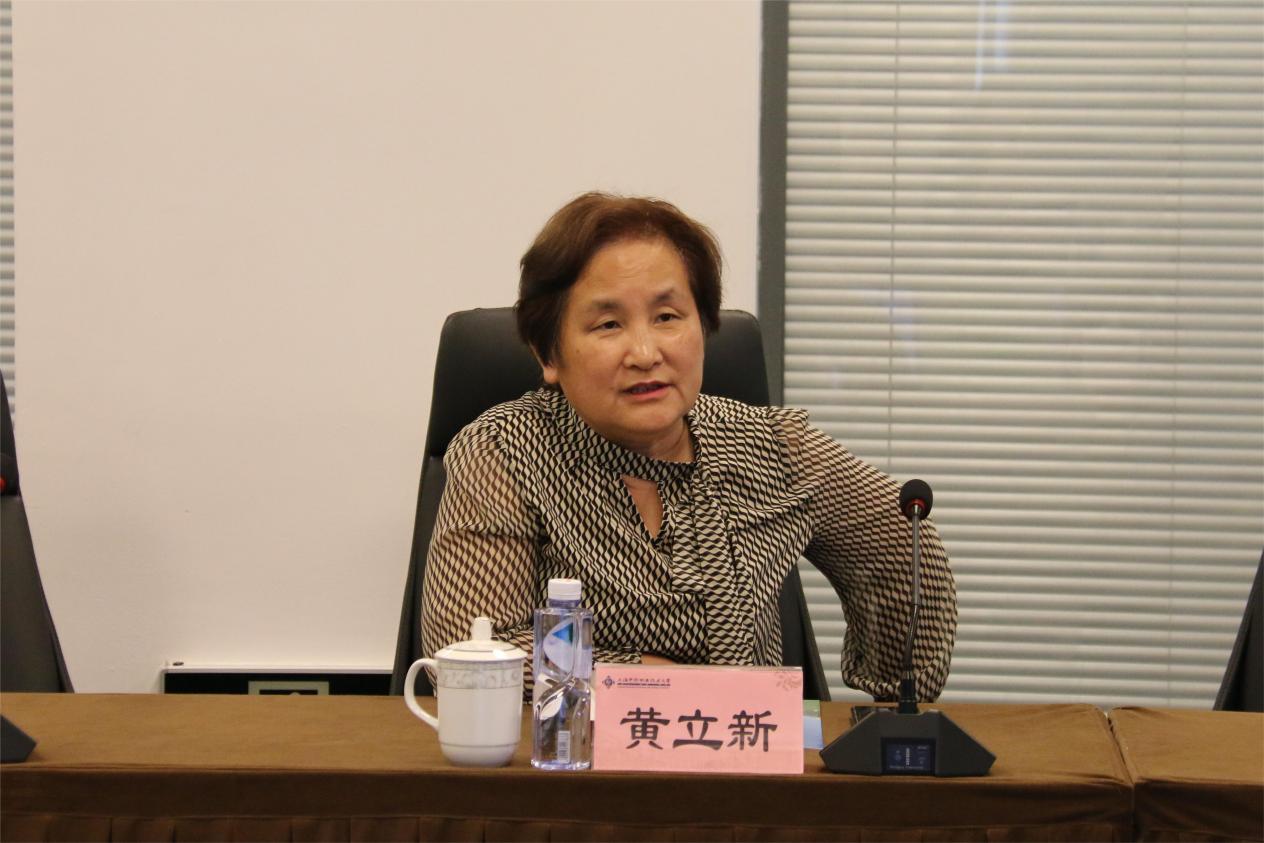
Vice President Huang Lixin introduced the current situation of university innovation in information technology application, faculty development, and the industry-education integration. Hope that this conference will serve as an opportunity to deepen the industry-education integration and promote collaborative innovation between industry, academia, and research, aiming to provide students with opportunities for practical experience and innovation, and contribute to the cultivation of high-quality innovative, applied, and skilled talents.
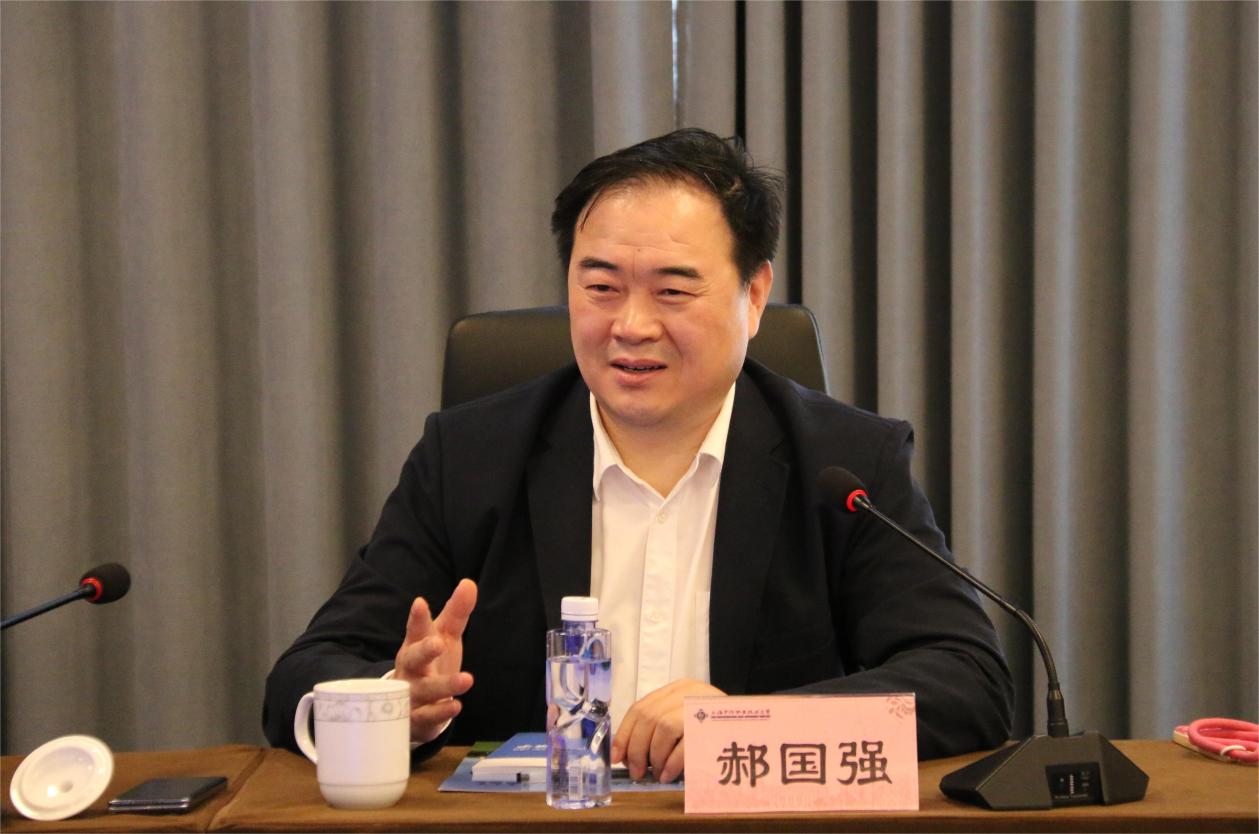
Hao Guoqiang, Huawei Cloud CSO shared about Huawei's development history, business scope, and cooperation models in Shanghai. By visiting Zhongqiao University's Information Experiment and Training Center, he highly recognized the concept of Zhongqiao focusing on new technologies and cultivating vocational and technical talents. He proposed three directions for cooperation: first, actively formulate strategies for forward-looking technologies and clarify future development directions; second, establish communication channels, establish permanent organizations to maintain timely and efficient information exchange and communication; third, further establish standards and benchmarks in teaching and research to enhance sustained competitiveness.
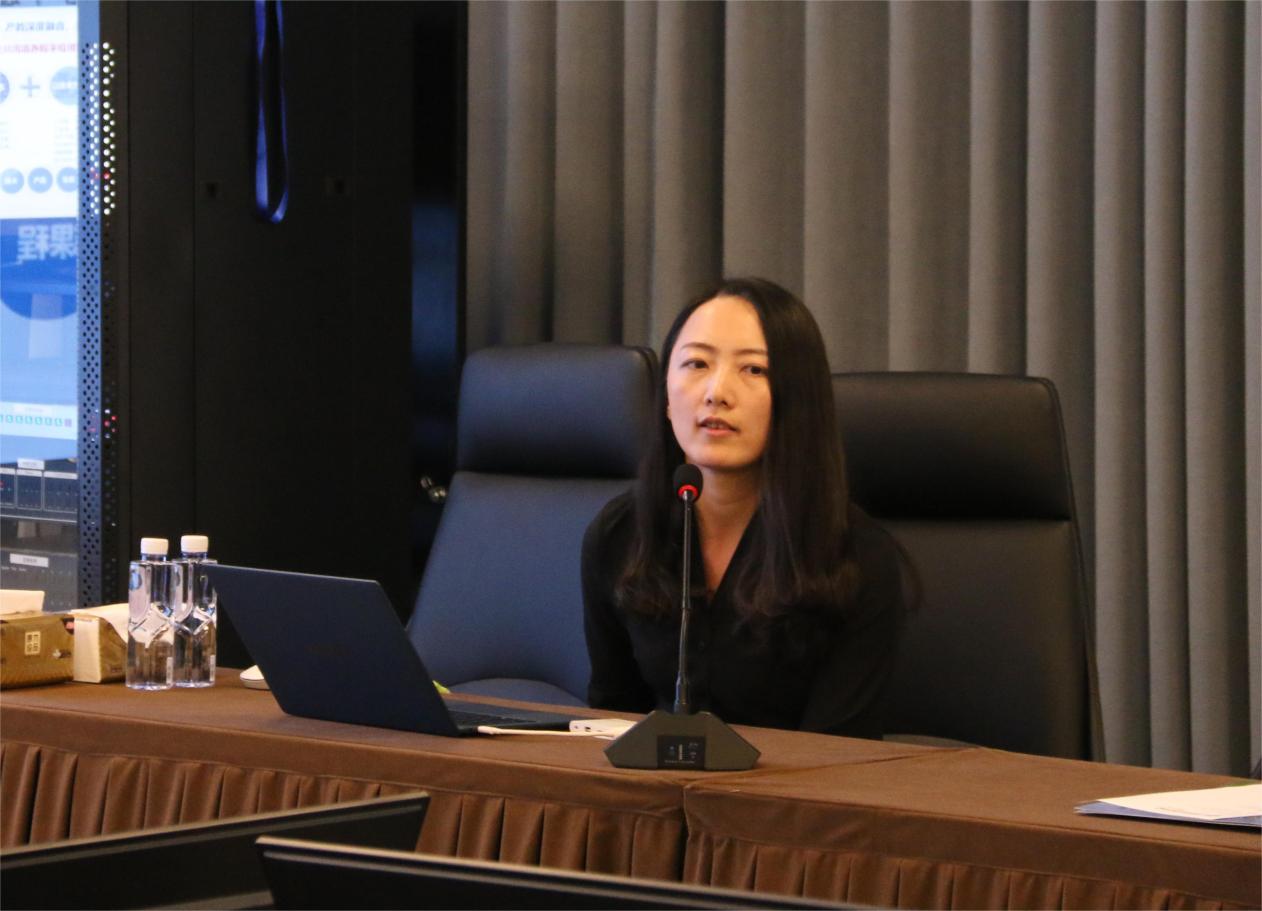
Huawei Cloud Solution Architect Ai Xi introduced Huawei Cloud's model in the industry-education integration production and education, hoping to deepen cooperation in areas such as curriculum co-creation, school-enterprise competitions, and developer practices in the future.
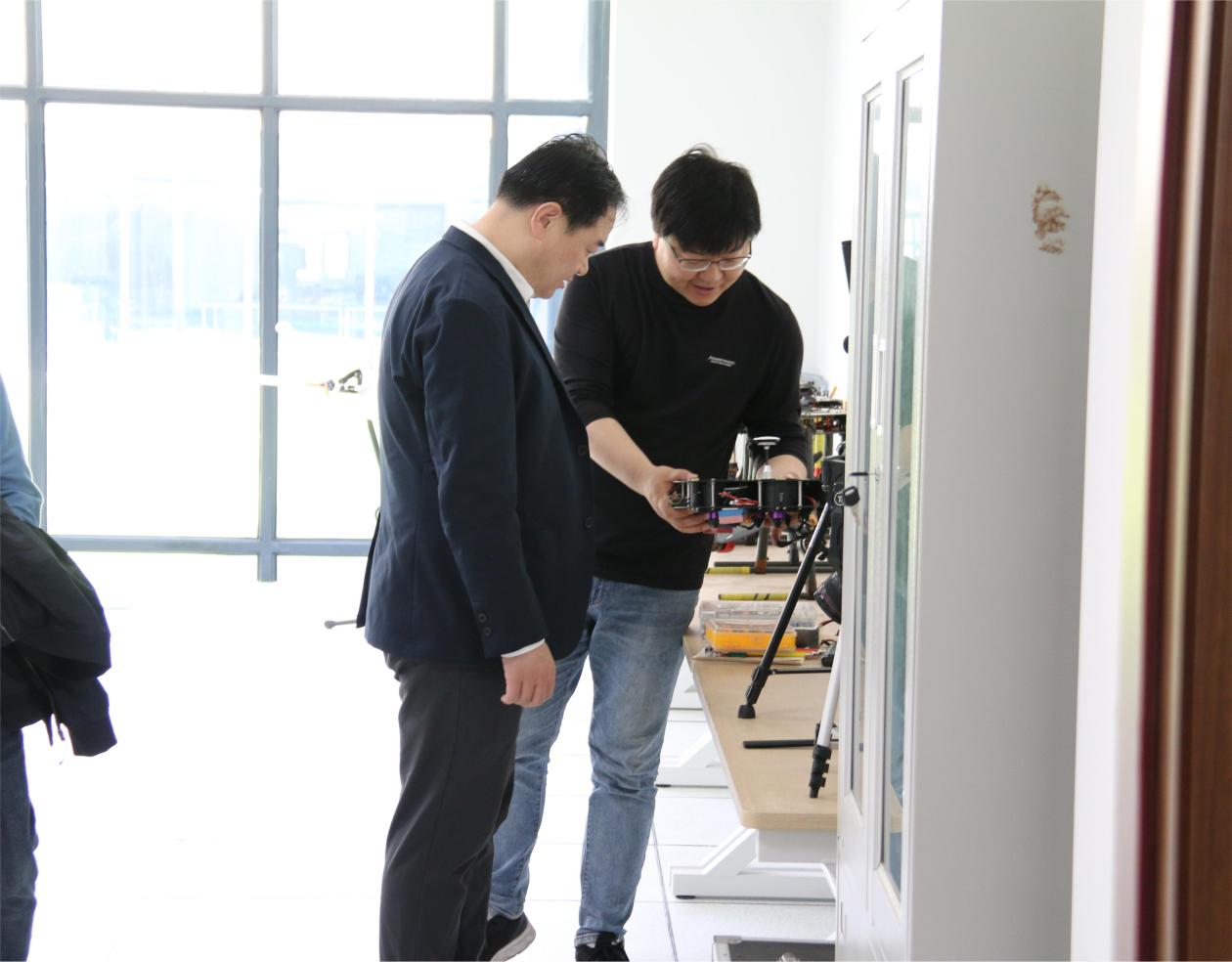
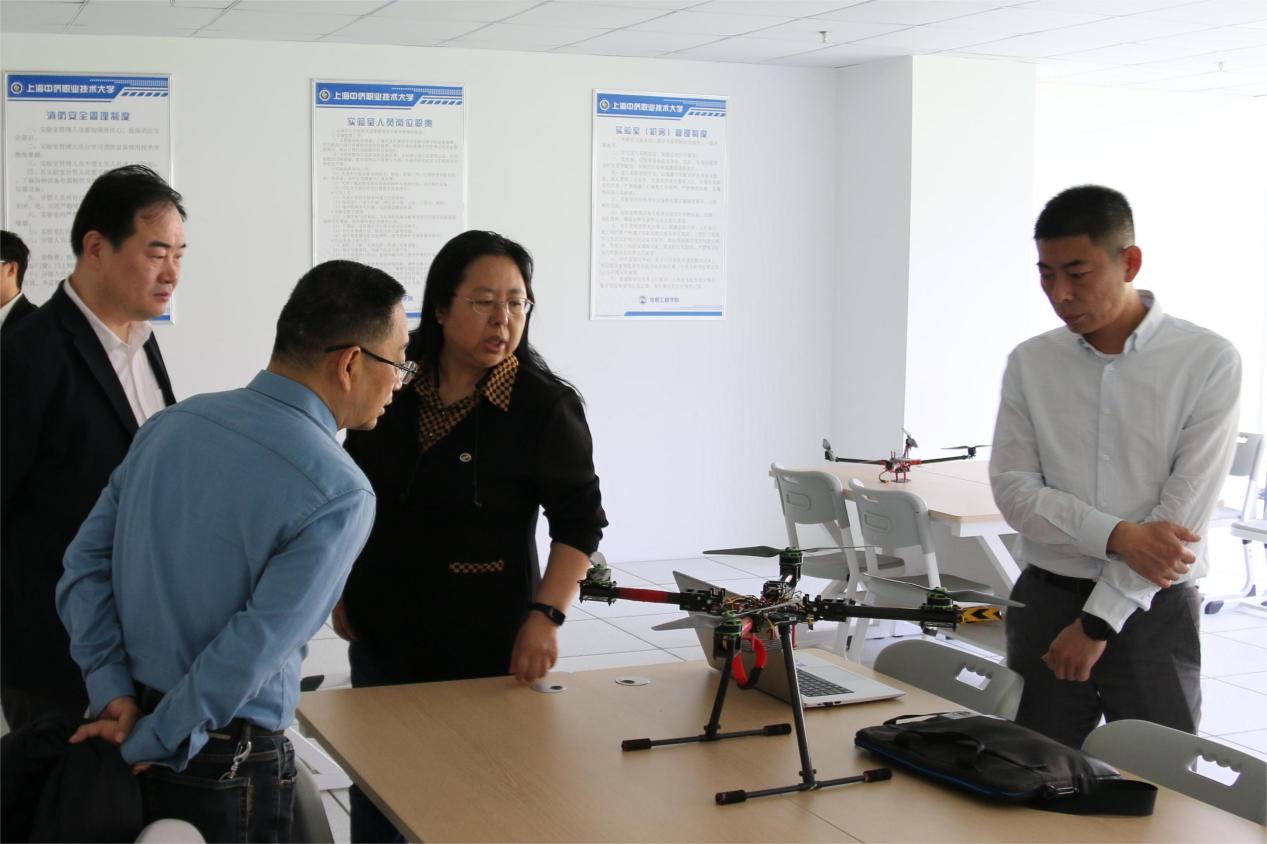

This occasion of school-enterprise further deepens the industry-education integration of production and education in university, promotes innovation and practice in the talent cultivation of information technology talents. Relying on Huawei's industrial technology advantages, Zhongqiao jointly committed to cultivating more technical talents with innovative ability and practical experience. In the future, Zhongqiao University will continue to strengthen cooperation with Huawei Cloud, continuously optimize the joint training model, actively create a problem-oriented and capability-oriented practical innovation education system, enhance students' experimental and practical innovation abilities, and provide talent support for promoting high-quality development.
Edited and Translated by Lin Danbei
Reviewed by Liao Jiaqi




